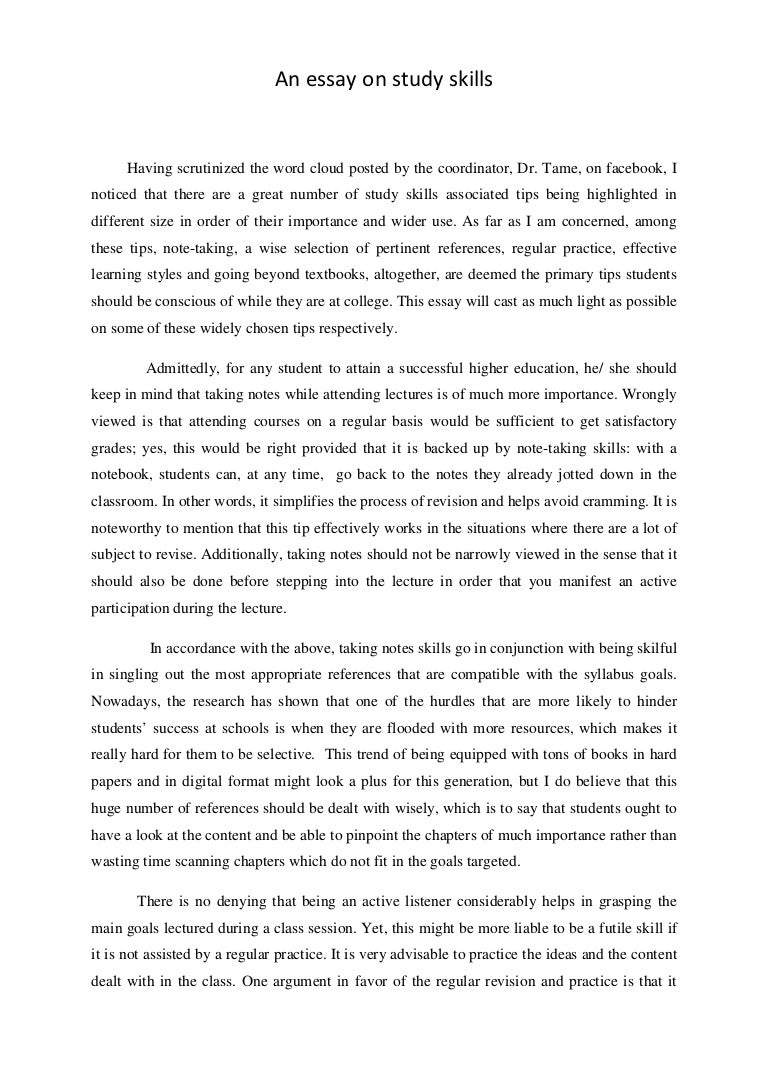
Use of Third Person Pronouns (He, She, They) in Academic Writing
If it is an academic essay, generally stay away from first and second person use. Having any form of “I” (we, us) here, shows bias, whereas “you” singles out a reader and can potentially · Ways of Avoiding Pronouns “I”, “You” and “We” in an Essay. You can replace the pronouns ‘I’, ‘You’, and ‘We’ by replacing them with acceptable wording, applying passive voice instead of pronouns, Using a third-person perspective, adopting an objective language, and including strong verbs and adjectives To “We” or Not to “We”–The First Person in Academic Writing The problem: expressing your ideas in an academic setting Many of us have been taught not to use the first person, “I,” “my,” “we,” “our” and so forth (and for that matter, the second

To “We” or Not to “We”–The First Person in Academic Writing
If it is an academic essay, generally stay away from first and second person use. Having any form of “I” (we, us) here, shows bias, whereas “you” singles out a reader and can potentially · If you want a general guideline (if none is obviously imposed): If you describe experiments, derivations and similar of your own, use we. In the abstract or introduction of a review paper or something similar, you can use we. If you are doing neither, avoid using we except in the acknowledgements. Share Improve this answerReviews: 5 Don’t use you in an essay. In spoken English, this is used for generalisation: ‘You would expect that ’ or ‘You don’t win by giving up’. The word you, however, tends to pull the reader into your argument and distracts from what you are saying. ‘You must not disrespect the gods.’ Me specifically? Who told you I disrespected them? Oh, wait

My OpenLearn Profile
Don’t use you in an essay. In spoken English, this is used for generalisation: ‘You would expect that ’ or ‘You don’t win by giving up’. The word you, however, tends to pull the reader into your argument and distracts from what you are saying. ‘You must not disrespect the gods.’ Me specifically? Who told you I disrespected them? Oh, wait · They are used in place of nouns. First-person pronouns (I, We) are rarely used in academic writing. They are primarily used in a reflective piece, such as a reflective essay or personal statement. You should avoid using second · We could do this by simply reading example essays one by one and looking for the pronouns 'we' and 'I', counting the number of each pronoun and seeing which occurred most often. Another, easier and more accurate, way is to use a computer to search through a large collection of essays
Become an OU student
· To do this, use any of the below words or phrases to help keep you on track. 1. Firstly, secondly, thirdly Even though it sounds obvious, your argument will be clearer if you deliver the ideas in the right order. These words can help you to offer clarity and structure to the way you expose your ideas · We could do this by simply reading example essays one by one and looking for the pronouns 'we' and 'I', counting the number of each pronoun and seeing which occurred most often. Another, easier and more accurate, way is to use a computer to search through a large collection of essays To “We” or Not to “We”–The First Person in Academic Writing The problem: expressing your ideas in an academic setting Many of us have been taught not to use the first person, “I,” “my,” “we,” “our” and so forth (and for that matter, the second

Use of Second Person Pronouns (You) in Academic Writing
Don’t use you in an essay. In spoken English, this is used for generalisation: ‘You would expect that ’ or ‘You don’t win by giving up’. The word you, however, tends to pull the reader into your argument and distracts from what you are saying. ‘You must not disrespect the gods.’ Me specifically? Who told you I disrespected them? Oh, wait · If you want a general guideline (if none is obviously imposed): If you describe experiments, derivations and similar of your own, use we. In the abstract or introduction of a review paper or something similar, you can use we. If you are doing neither, avoid using we except in the acknowledgements. Share Improve this answerReviews: 5 · We could do this by simply reading example essays one by one and looking for the pronouns 'we' and 'I', counting the number of each pronoun and seeing which occurred most often. Another, easier and more accurate, way is to use a computer to search through a large collection of essays
No comments:
Post a Comment